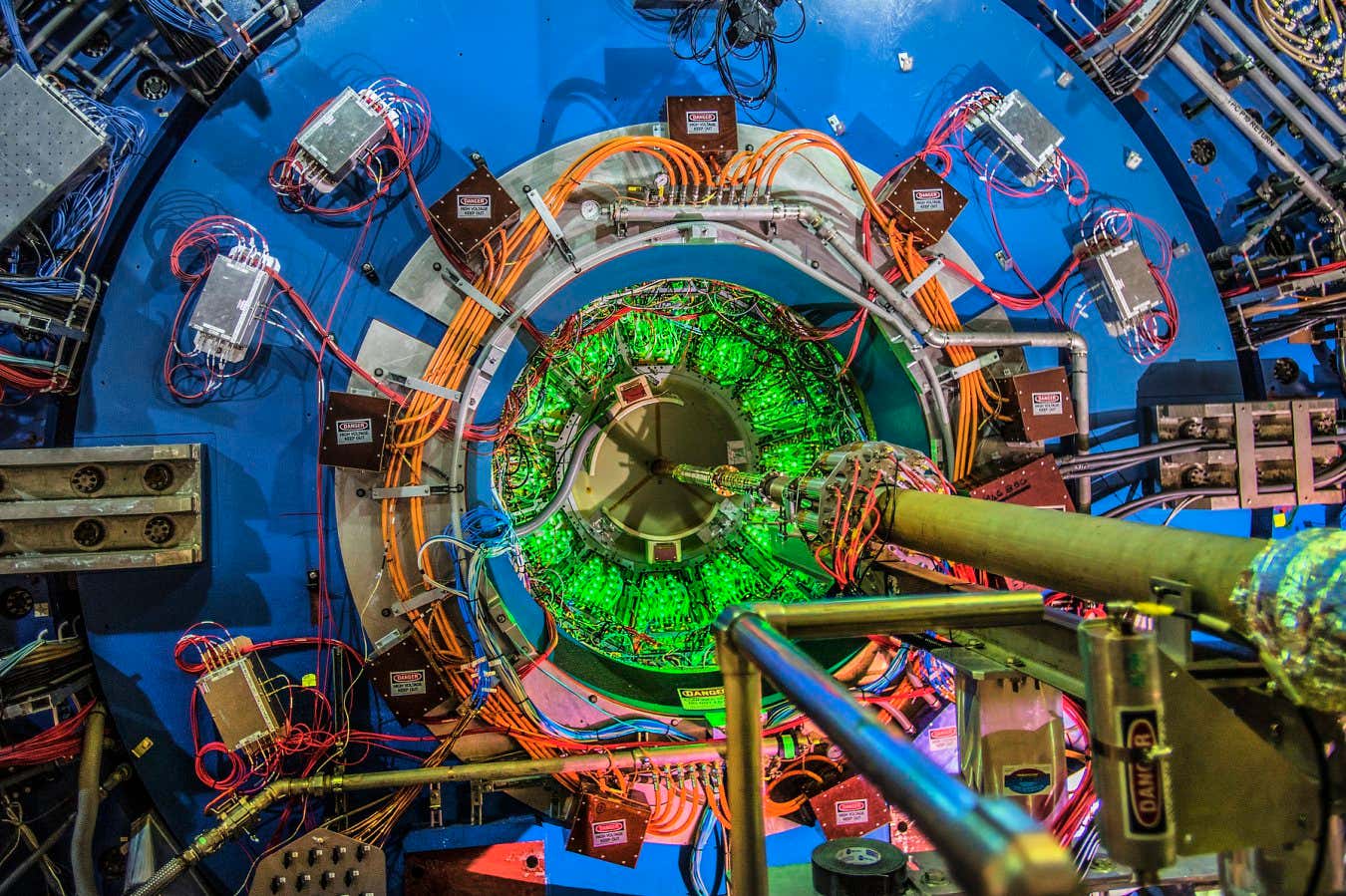With Unprecedented Accuracy



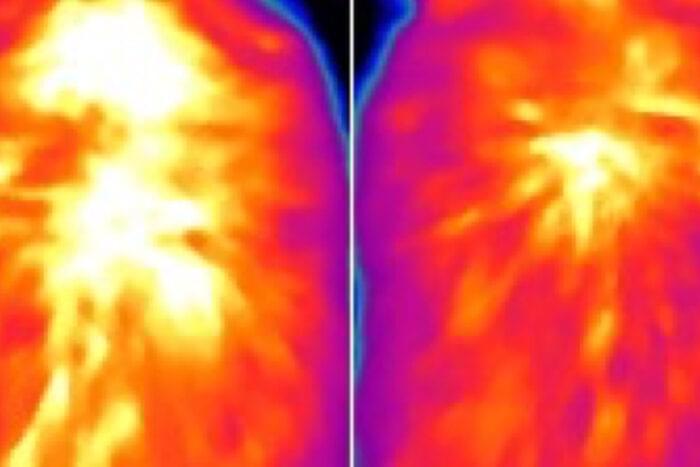
Scientists at Washington University School of Medicine in St. Louis have uncovered a new way that brown fat, a type of fat that burns energy, can boost the body’s metabolism. This process allows cells to consume more fuel and generate heat, improving overall metabolic health. Conducted in mice, the research points to new possibilities for using brown fat to address metabolic conditions such as insulin resistance and obesity.
The findings were published Sept. 17 in Nature.
Brown fat is unique because it turns energy (calories) from food into heat. Unlike white fat, which stores energy, or muscle, which uses it immediately, brown fat helps keep the body warm in cold environments. Exposure to cold can increase the amount of brown fat, and scientists have long suggested that activating it could support weight loss by increasing calorie burning.
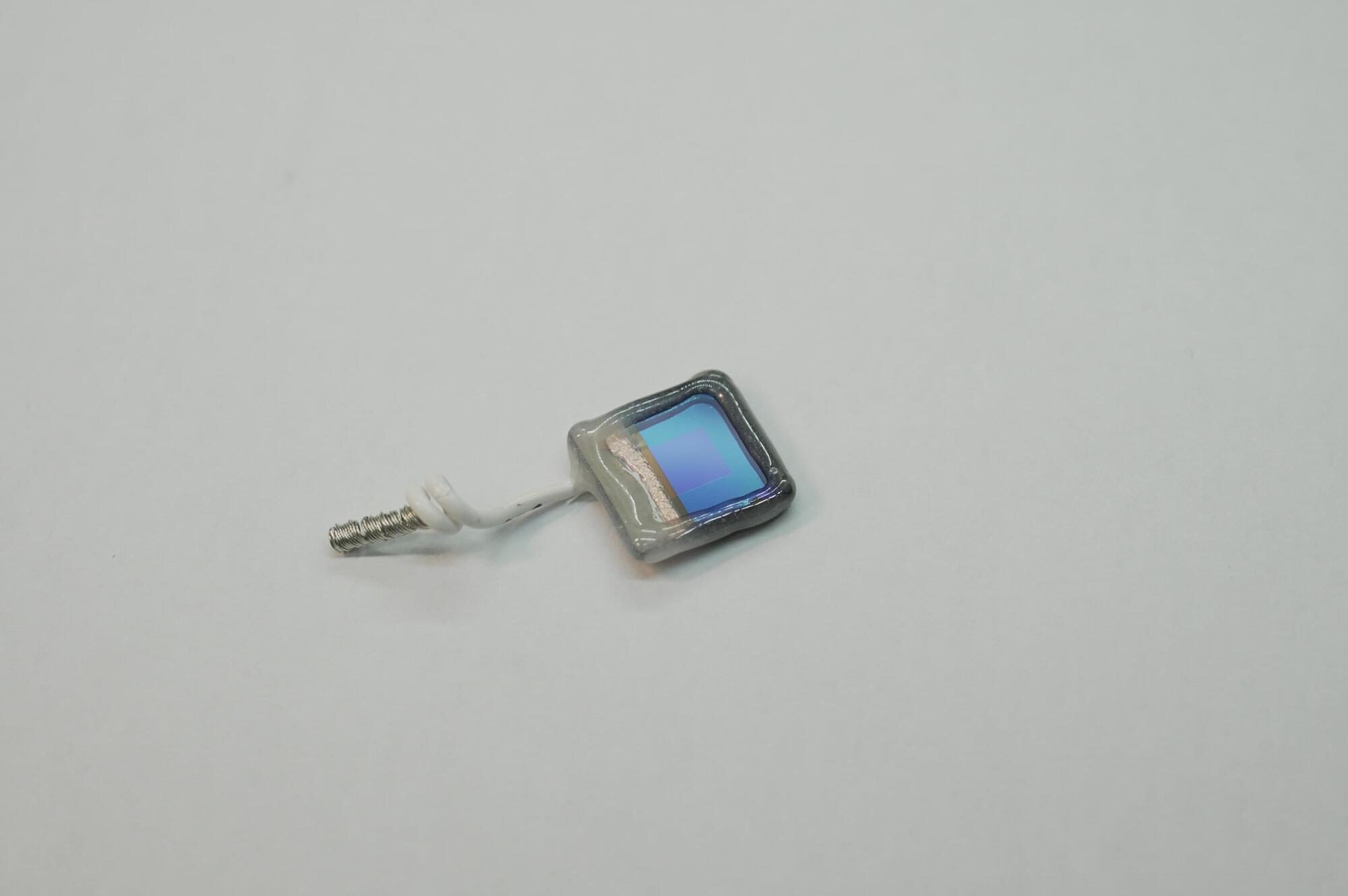
Researchers have demonstrated a new and sustainable way to make the chemicals that are the basis of thousands of products—from plastics to cosmetics—we use every day.
Hundreds of thousands of chemicals are manufactured by the chemical industry, which transforms raw materials—usually fossil fuels—into useful end products. Due to its size and its use of fossil fuel feedstocks, the chemical industry is responsible for roughly 6% of global carbon emissions.
But researchers led by the University of Cambridge are developing new methods that could one day lead to the “de-fossilization” of this important sector.
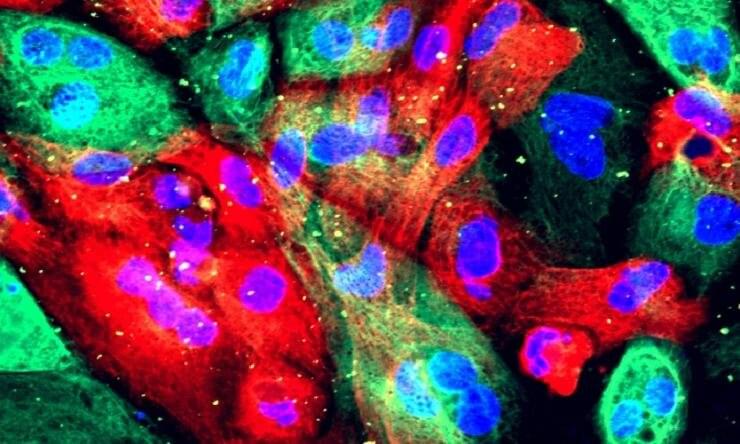
An international study has uncovered a new vulnerability in prostate cancer cells that could help improve treatment for one of the most common cancers affecting men.
The research, published in the journal Proceedings of the National Academy of Sciences, was led by scientists from Flinders University in Australia and South China University of Technology.
It reveals that two enzymes—PDIA1 and PDIA5—play a crucial role in helping prostate cancer cells grow, survive, and resist treatment.
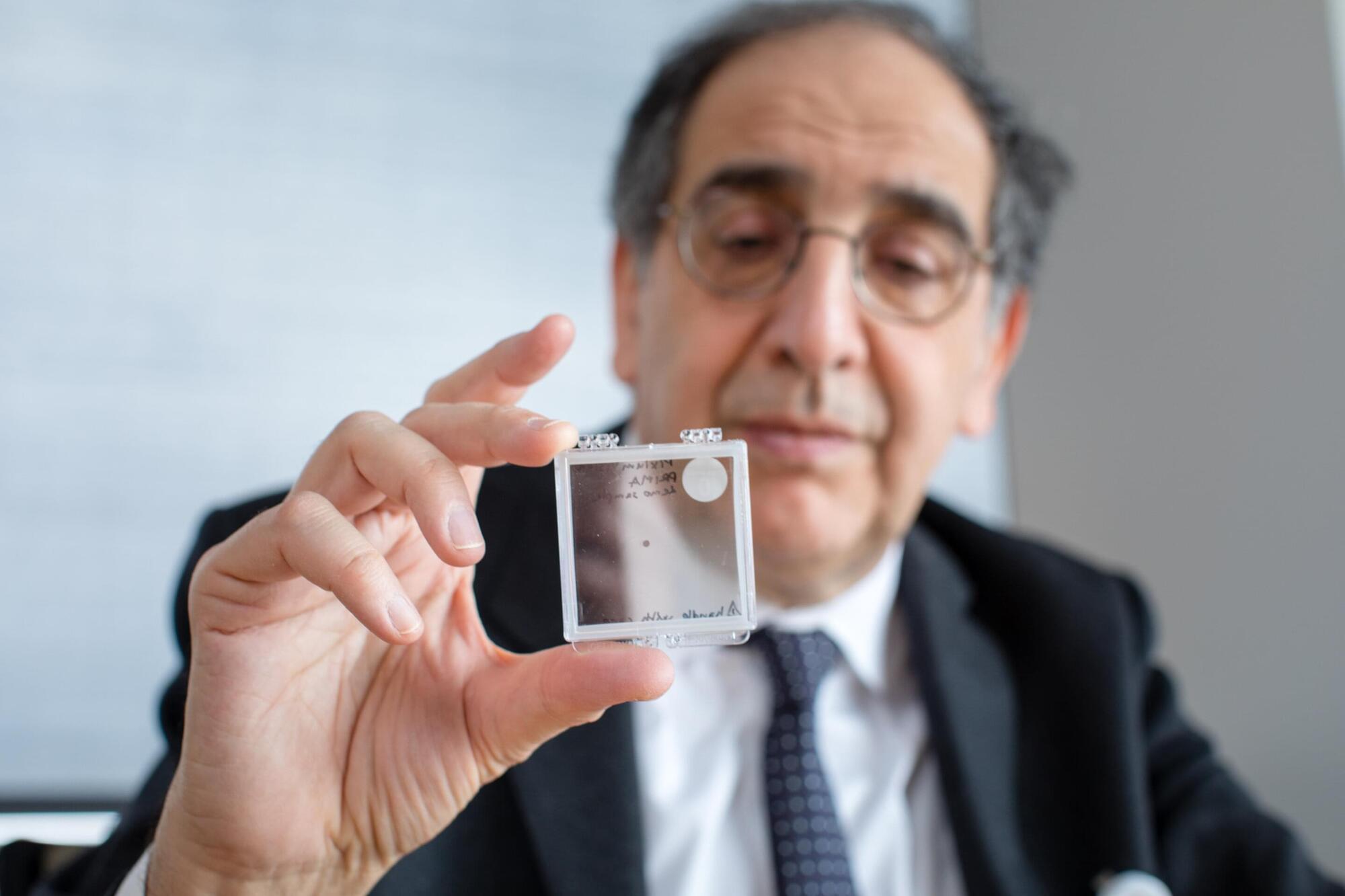
A wireless retinal implant can restore central vision in patients with advanced age-related macular degeneration (AMD), according to clinical trial results published in the New England Journal of Medicine.
Advanced atrophic AMD, also known as geographic atrophy (GA), is the leading cause of irreversible blindness in older adults, affecting more than 5 million people worldwide.
The international, multi-center trial was co-led by José-Alain Sahel, M.D., director of the UPMC Vision Institute, Daniel Palanker, Ph.D., professor of ophthalmology at Stanford University, and Frank Holz, M.D., professor of ophthalmology at the University of Bonn, Germany.

When Homo sapiens and Neanderthals interbred, a genetic variation affecting red blood cells may have hindered reproduction in women who were hybrids, and this might have played a part in Neanderthals’ demise.

